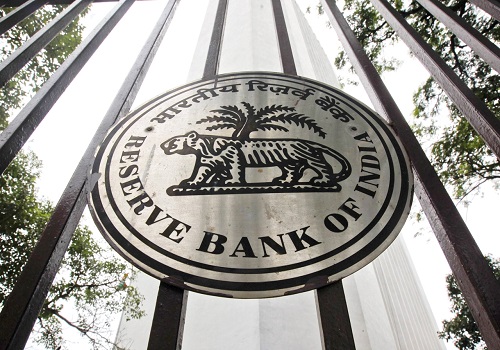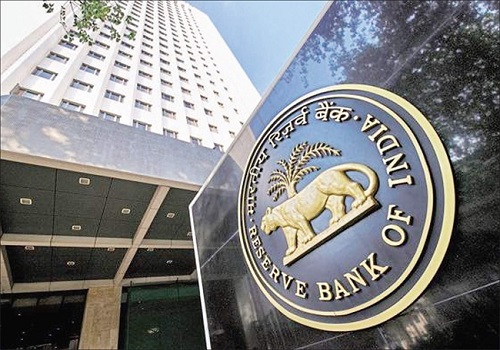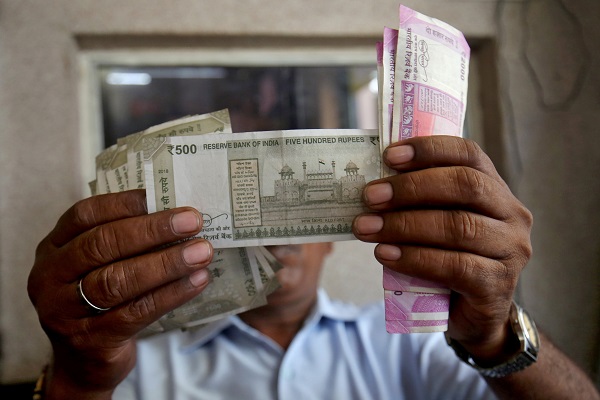RBI panel suggests extending call money market timings to 7 p.m.

A working group set up by the Reserve Bank of India (RBI) has recommended extending the trading hours for the call money market.
The group suggested that the trading window should remain open till 7 p.m. instead of the current 5 p.m.
This move aims to help banks manage their funds better in line with the needs of the real-time payment system.
However, the group did not suggest any change in trading hours for other financial markets such as government securities, interest rate derivatives, or foreign exchange markets.
The working group was chaired by Radha Shyam Ratho, who is an Executive Director at the RBI. The RBI had announced the formation of this group during its monetary policy review in February this year.
The group’s report noted that standalone primary dealers (SPDs) had requested longer trading hours in the call money market.
They also suggested that the reporting window, including for cancelled transactions, should be open till 7.30 p.m.
The report highlighted significant growth in the overnight money market over the last decade.
Between 2014-15 and 2024-25, the annual turnover in this market jumped from Rs 281.37 lakh crore to Rs 1,324.05 lakh crore.
Meanwhile, the daily average turnover increased from Rs 1.17 lakh crore to Rs 5.52 lakh crore. This sharp rise was mainly due to the growth in the collateralised segment of the market.
The turnover in this segment rose from Rs 245.27 lakh crore to Rs 1,296.62 lakh crore during the same period.
In contrast, the turnover in the uncollateralised call money market went down from Rs 36.10 lakh crore to Rs 27.42 lakh crore.
The report further said that the call money market is open only to banks and standalone primary dealers.
These participants have access to the RBI’s liquidity adjustment facilities. Co-operative banks are the main lenders in this market, while SPDs are the main borrowers
























